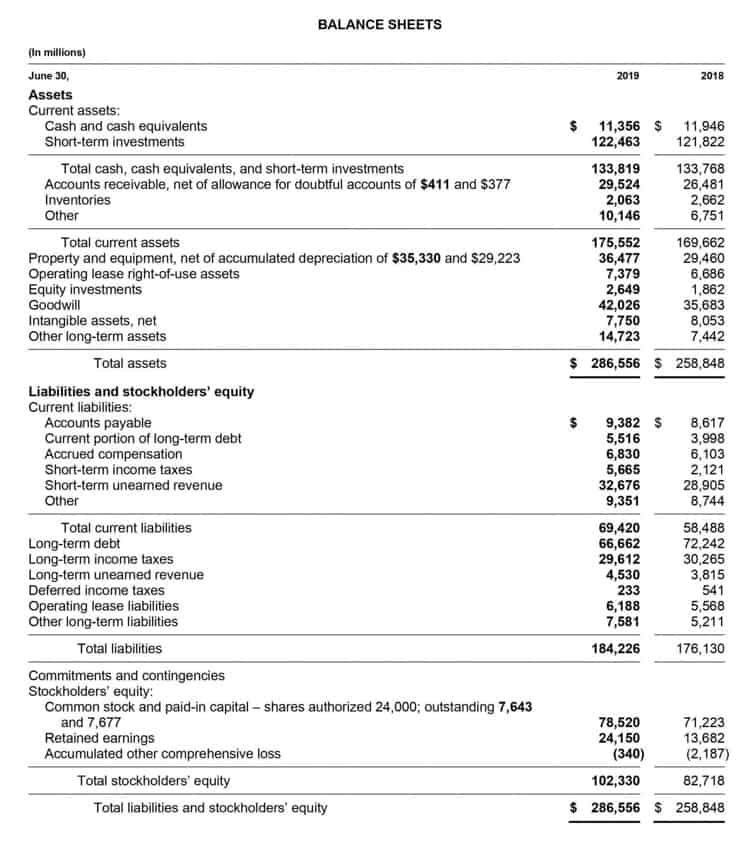
They guide you through the maze of tax laws, helping you understand your obligations and opportunities. A Certified Public Accountant (CPA) is a highly respected professional designation in the accounting and finance industry. CPAs are recognized as experts in financial reporting, auditing, taxation, and business consulting, making them essential in both the corporate world and public accounting firms.
What does a Personal Accountant do?
- The knowledge, skills, and ethical standards that come with the CPA designation provide a solid foundation for long-term career growth and financial expertise.
- A personal accountant’s duties may include but are not limited to designing and controlling systems of records, auditing books, and preparing your financial statements.
- At some point, you may have wondered if you need a personal accountant.
- Unlike general accountants, CPAs have met rigorous education, exam, and experience requirements, allowing them to perform specialized financial tasks and represent clients before government agencies.
- A personal accountant must have the necessary education and certifications, such as a degree in accounting or a certified public accountant (CPA) designation.
- A bachelor’s degree in accounting provides the foundational knowledge in financial accounting, managerial accounting, taxation, and auditing necessary for this career.
- This includes providing guidance on financial planning, risk management, and financial reporting, and helping clients to implement financial systems and processes.
Well, it’s a bit of a pickle, but nothing a personal accountant can’t solve. A personal accountant prepares all necessary documents for filing taxes, manages bookkeeping, and keeps an eye on all financial innings and outings. They are a helping hand for everyone who feels like they are struggling with these tasks. Yes, typically, a degree in accounting or a related field is required to become an Accountant. A bachelor’s degree in accounting provides the foundational knowledge in financial accounting, managerial accounting, taxation, and auditing necessary for this career.
Hire a Professional or Do It Yourself?

There are many websites where tax accountants list their services. A client may hire an accountant to assist with these skills when preparing their taxes. Individuals interested in pursuing a career in one of these normal balance fields should carefully consider their interests, strengths, and career goals to determine the most suitable path for them. They also develop tax strategies and offer financial guidance all year. Getting a personal accountant can really help with your money management.
- Build the cost of this accounting into your household budget.
- When hiring a personal accountant, understanding their credentials is essential.
- Getting their hands on some unexpected money (by winning the lottery or getting an inheritance) is both a financial reprieve and a burden.
- Understanding the role, benefits, challenges, and qualifications of a personal accountant empowers individuals to make informed decisions about managing their finances.
- High state income tax, as well as itemized deductions, might make someone subject to AMT.
- Take our career test and find your match with over 800 careers.
- Shaun Conrad is a Certified Public Accountant and CPA exam expert with a passion for teaching.
Ask us about tax

If you are detail-oriented, enjoy working with numbers, and are interested in a career that combines analytical skills with strategic planning, then becoming an Accountant might be the right path for you. Remember, the journey to becoming a successful Accountant involves Insurance Accounting obtaining the necessary education, gaining practical experience, developing a strong network, and continuously building your skills. The average salary for an Accountant can vary widely depending on factors such as location, industry, level of experience, and specific job title.

- As you embark on this career, stay curious, keep learning, and embrace the challenges and opportunities that come your way.
- Most people don’t even know what can potentially hurt their kid’s chances of getting financial aid for college, which is why they need a personal accountant.
- Many CPAs work in executive roles, such as Chief Financial Officers (CFOs) or financial consultants, guiding companies toward long-term financial success.
- By creating accounts that resemble the same categories used for tax purposes, you simplify tax return preparation (whether you do this or you use a paid professional).
- Find mentors who are experienced Accountants to guide you in your career and provide valuable advice.
Whether you’re just starting out or looking to transition into the field, the time to explore the possibilities of an accounting career is now. Take the first step today and discover how you can shape the financial future of personal accountant organizations and communities. The skills and knowledge gained as an Accountant are transferable across different sectors, from public accounting firms to private industry, government, and non-profit organizations. Understanding payment structures is important for financial planning. Hourly rates are common for variable time commitments like consultations and vary based on location and expertise. Fixed fees provide predictability and are often used for tasks like tax preparation.
